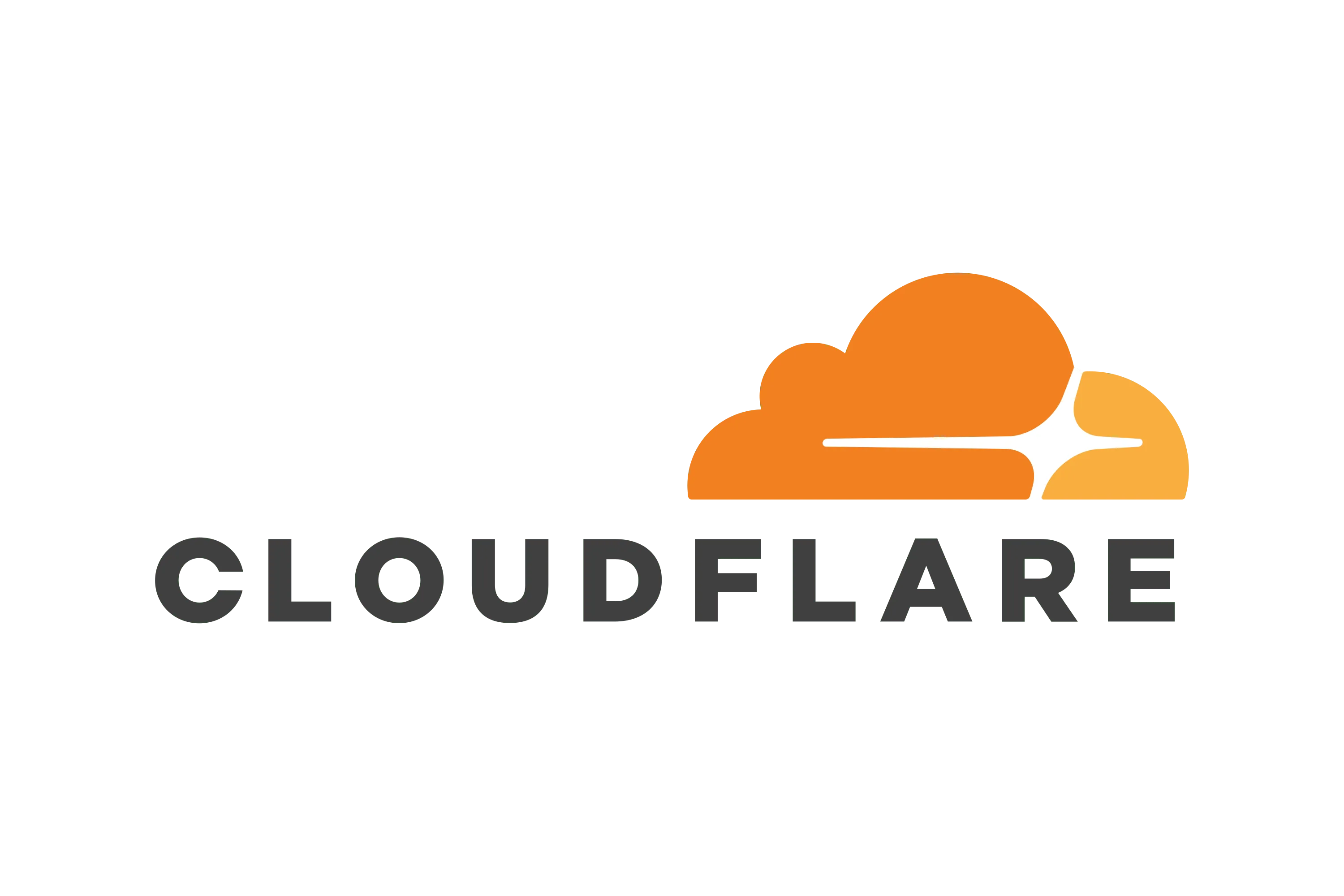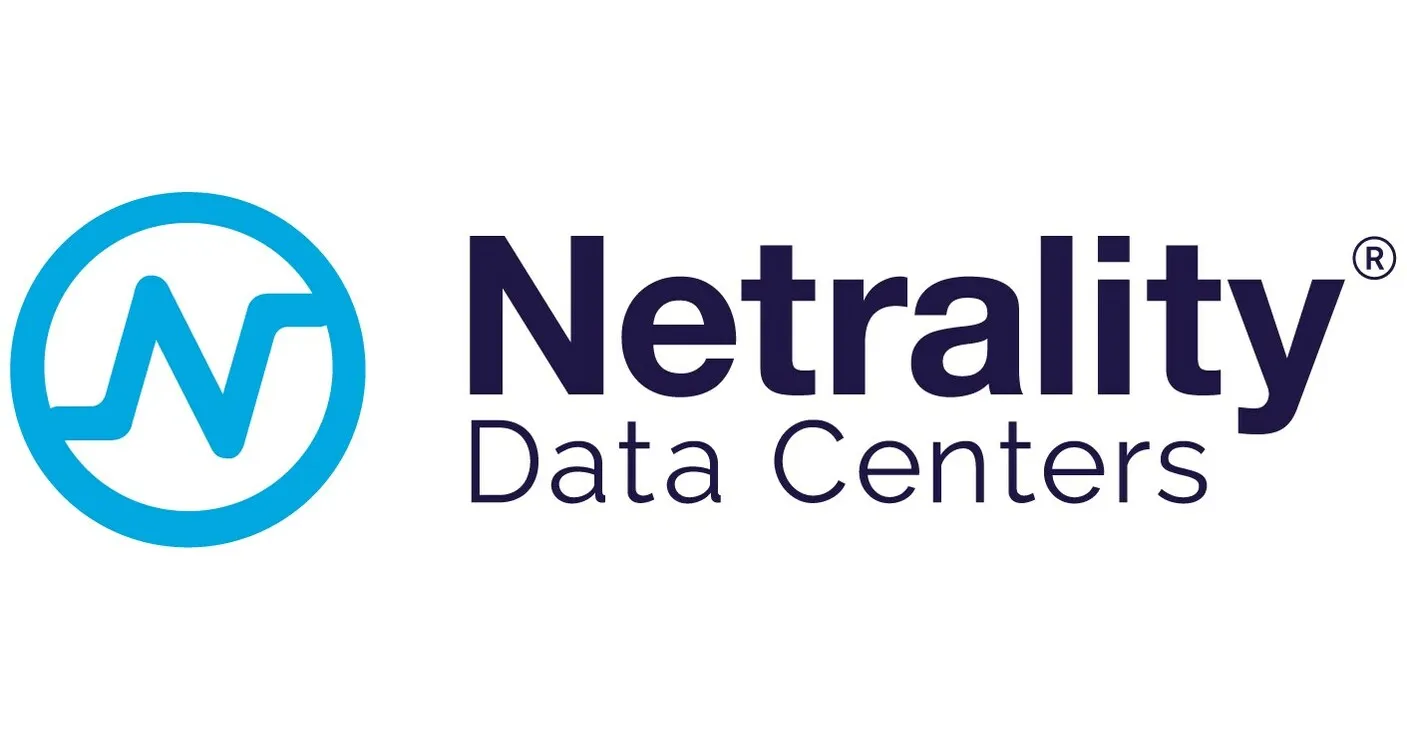
Internet exchange made simple.
FD-IX is a modern solution to peering and connectivity. We provide interconnection in 31 datacenters across the United States.
SOLUTIONS & NETWORK PARTNERSHIPS
Our strategic alliances with industry leaders; delivering enhanced connectivity, performance, and global reach for our members.
LATEST NEWS & UPDATES
Stay informed about our network developments and industry insights.
Cloudflare upgrades Indianapolis port to 100Gig
FD-IX welcomes Cloudflare (AS13335) to the 100 Gig port club in Indianapolis. This pushes our 100 gig connections into the double digits. Cloudflare is a global Internet infrastructure company that operates one of the world’s largest edge networks. It provides services including content delivery, DNS, DDoS protection, web application firewalls, and zero-trust security, and other services. Visit www.cloudflare.com for more info. #keeptrafficlocal #100gigclub #interconnection #peering

FD-IX announces new Support Portal
FD-IX now has a dedicated support portal at.https://fdixportal.zohodesk.com/ The new FD-IX Support Portal allows members to submit tickets, track progress, and keep all communication organized by case. You no longer need to search through emails or track responses manually. Each issue is assigned a ticket, and each ticket includes methods to prevent it from becoming stale. When you submit a ticket, it is routed directly to the appropriate technical team. You can attach configurations, screensh

AI traffic moves faster when its local
AI traffic does not behave like normal internet traffic. Traditional transit models were built for north–south traffic. That means users pulling content from somewhere else.
Ready to exchange traffic?
Join dozens of networks and reduce your transit costs today.






